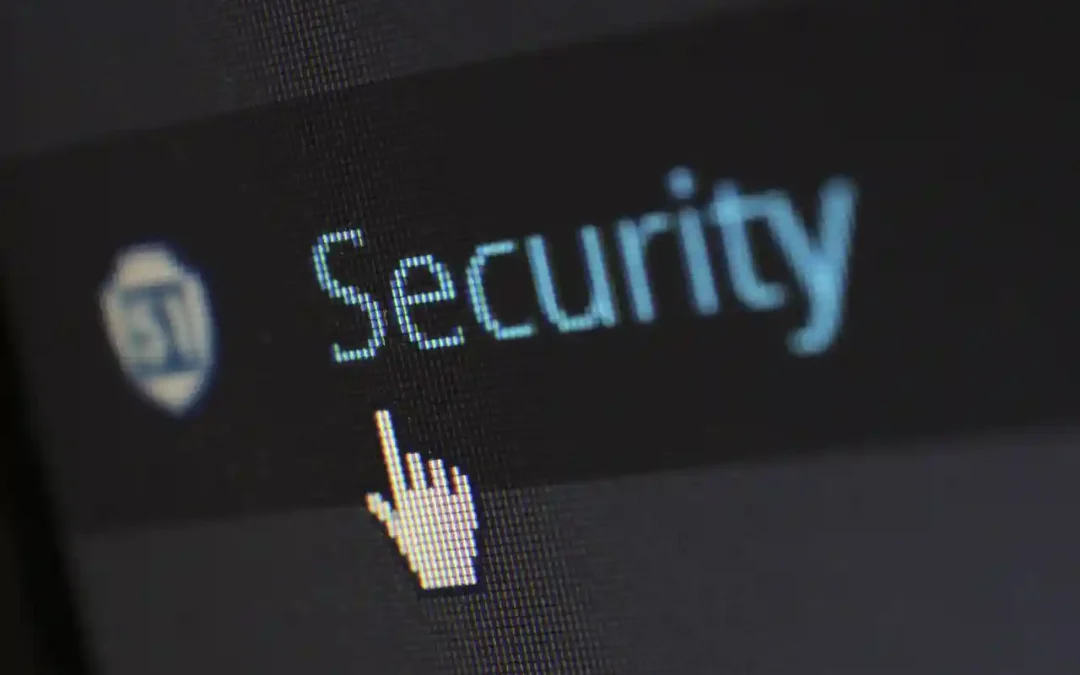Whenever we enter a new year, it always presents an ideal opportunity for us to wipe the slate clean and start things off on the right footing. For most people, they’ll look to things, like keeping healthy and fit, but for others, the wellbeing of their computer system may be of concern to them.
Cybersecurity is here to stay and is only set to become more important over the years, as more and more internet-connected devices enter the market and our homes. Criminals now have a significant number of toys to exploit, making Internet Security Tips essential as consumers become more reliant on cloud-based services and technology.
But, despite all the bad things that may have or will happen, it’s important that you keep your eye on the ball. You want to focus on the best form of defense for your computer system, to protect it from these many digital threats.
Below are 5 Internet Security tips that you should consider implementing right now if you want to ensure the safety of your system and its data.

1. Use a Reliable Antivirus Tool
There are hundreds of thousands of new malicious threats entering the digital world, every single day – which is a trend, that we can expect will not slow down, anytime soon. The most effective and efficient way for you to protect your system from these ransomware, worms, Trojan horses and other malicious files, is to purchase a high-quality internet security tool.
There are many different security tools that you can find online, right now. There are several different factors for you to consider when choosing the right tool – detection rate being just one. You also want to consider the company and its ability to offer support, system impact, meaning, what kind of toil it puts on system performance, while running. Usability is also important, you don’t want something that’s too complicated to use. If you’re looking for something proven and reliable, there are tons of top 10 studies on the various antivirus tools out there, so I suggest you check them out.
2. Be Wary Of Social Engineering
When hackers are unable to infiltrate your system using known security vulnerabilities, they’ll look to do it another way – through social engineering. This form of attack works by tricking the end-user into compromising him or herself, enabling the hacker to gain access to their system in the process. And with all these social media programs and services that cybercriminals can access to find their latest victim, this makes life significantly easier for them, while demanding that you be wary of this reality.
3. EraseSuspicious Email Attachments
It’s always best practice to not open attachments in unsolicited emails. The best cause of action for you to take would be to delete them, but then, there are security programs that you can install, that are capable of scanning such files. So really, it should depend on your budget. If you lack the necessary software, then you should also be wary of email attachments from people that you know, as hackers love to spread their viruses that way. That said, if you or your friend’s email account was hacked, then it would be wise to change your password and adopt some kind of 2-step authentication, which nowadays, comes as standard.
4. Invest In A VPN Subscription
If you’re someone that likes to travel around, whether as a job-related requirement or you’re someone who’s very much concerned with his privacy, then you should definitely consider a VPN subscription.
So what exactly is a VPN and what does it do? Well, when accessing the internet, there’s a process which entails the transference and receivership of data. Unfortunately, it is possible for hackers to intercept this data, either when you’re sending it to a website or when a website is sending it to you. This data can be anything, from personal data to passwords for your email account and other services.
VPNs work by creating a secure and encrypted connection between the website and your computer system. This ensures that any information that is sent between the website and your computer is encrypted, so if a hacker was to intercept it, there would be no way for that individual to read the content. Decryption is virtually impossible, so you can rest assured that your content remains safe.
5. Use Password Management Software
The average web surfer has around 200 online accounts – which is a hefty amount. The problem occurs when it comes time to keep track of all these different login credentials. Given the obvious difficulties, most people offset this problem by using passwords and login usernames that are easy to remember. Though convenient for the end-user, it’s also convenient for the cybercriminal. With the use of social engineering or brute force attackers, hackers can very easily gain access to your account when you use a weak password – and once they’re in, there’s no telling what they’ll do. The good thing is that you don’t need to be that person. You don’t need to use basic passwords out of convenience. This is because you have password management tools, which you can use to store all the passwords that you create onto it. Some of these tools also have auto-fill capabilities, meaning they’ll put in the password automatically when you arrive at the corresponding page. Encryption is another capability that some of these tools have, this ensures that even if someone were to somehow get a hold of your password manager data, there would be no way for them to read it, and thus, gain access to your passwords.







Nice information
Great content! Super high-quality! Keep it up! 🙂
Awesome post. Superb information about Internet Security tips and this will very helpful for us.
Pretty nice post. I simply stumbled upon your blog and wanted to say
that I have really loved browsing your weblog posts. In any
case I will be subscribing for your rss feed and I am hoping you write again soon!